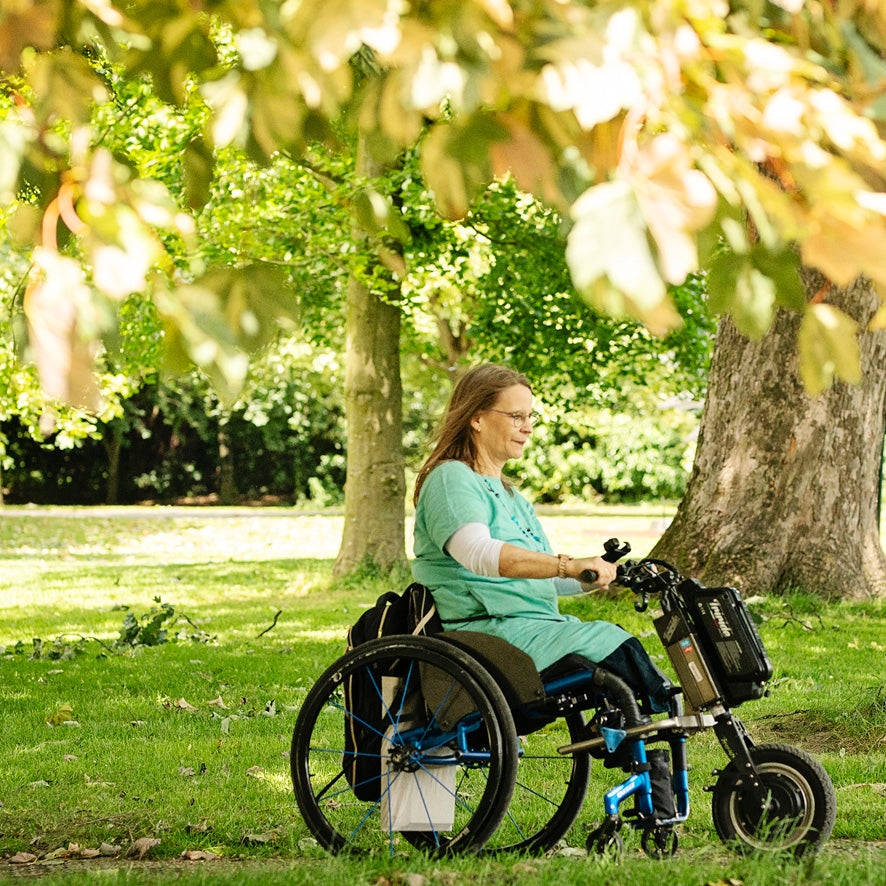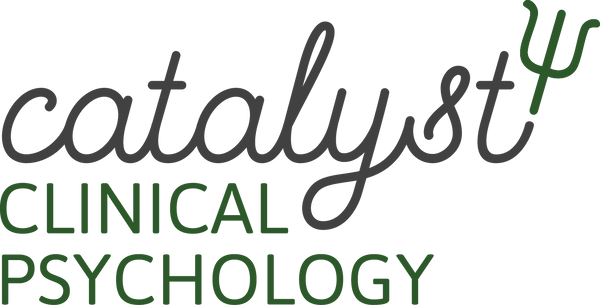
THERAPY SESSIONS
Therapy
We all experience distress at times in our lives and sometimes it can be difficult to recover without help. Maybe you need a safe space to think things through and learn new ways of dealing with difficulties with an experienced and highly trained but compassionate and caring professional.

Most of the struggles we face in life can be traced back to difficulties in our early relationships and to difficult or traumatic events we have faced. I specialise in treating the underlying traumas and identifying the unhelpful patterns of behaviour that people tend to have developed to cope with those experiences.

I use an integrative approach drawing on a wide range of therapy models. However, I have a strong preference for combining Acceptance and Commitment Therapy (ACT) and Eye Movement Desensitisation and Reprocessing (EMDR) to target the majority of mental health problems that people present with.

EMDR stands for Eye Movement Desensitisation and Reprocessing therapy. It is a form of psychological therapy used to treat the unprocessed trauma memories that often underlie our current difficulties. It is recognised by the World Health Organisation and the UK’s National Institute of Clinical and Care Excellence (NICE) as an effective, evidence-based therapy.
Briefly, it involves using eye movements or other bilateral sensory stimuli to facilitate rapid processing of distressing memories. The evidence for EMDR as a valid, effective and safe form of therapy continues to grow.

ACT stands for Acceptance and Commitment Therapy. It is a mindfulness-based therapy aimed at learning new skills to unhook yourself from unhelpful thoughts, open up to your full range of emotions, and direct your life towards your most deeply held values.
ACT takes the stance that the present moment is the only moment we have where we can make a difference, so we have to embrace the present moment, accepting whatever the reality of that moment is, and take small steps to move in the direction of what makes life meaningful for us.
